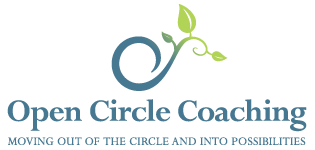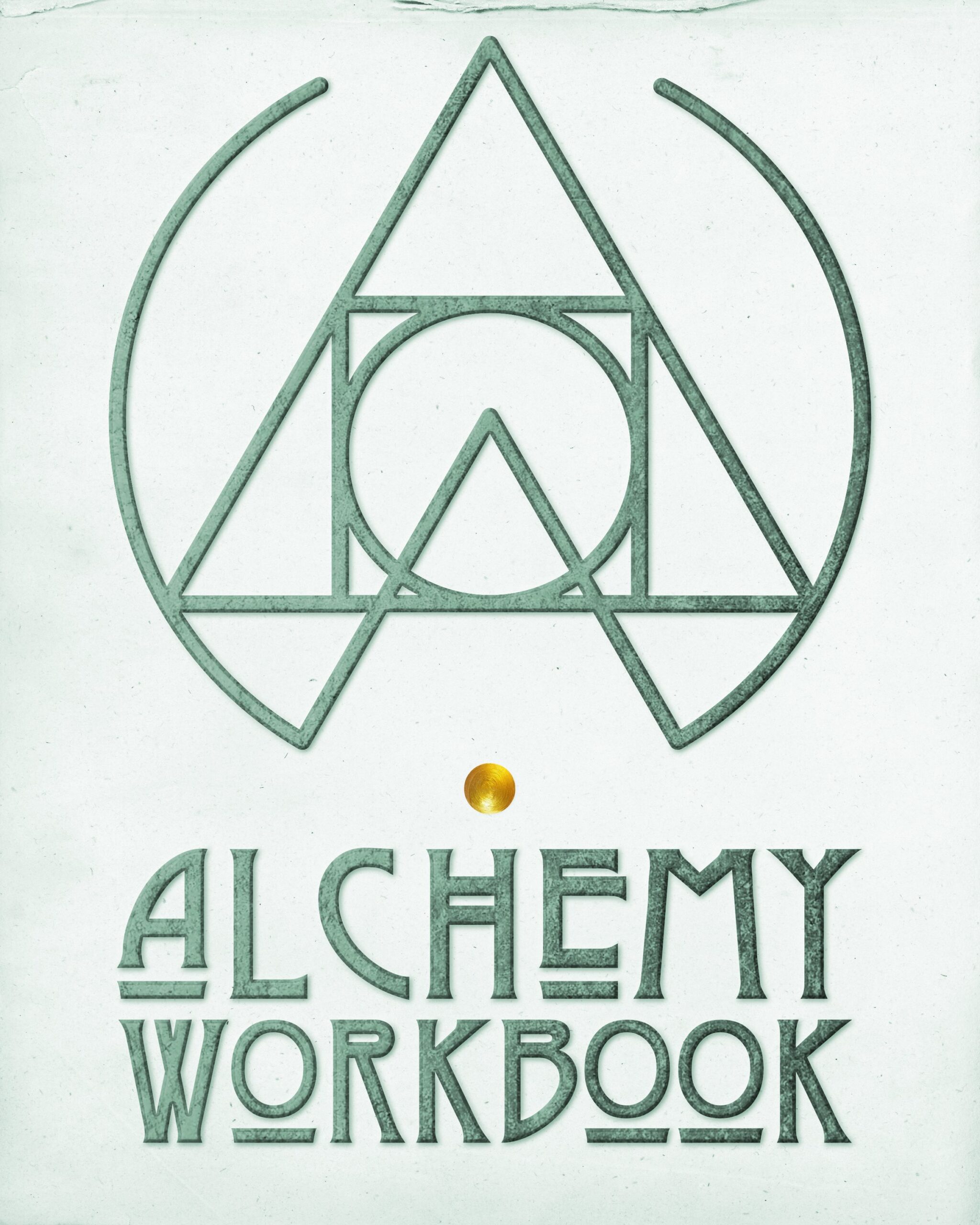Appreciate the Past or Strive for a Better Future?
January 8th, 2019 by Kelly Kienzle

In January, work teams often discuss new goals for the coming year. This admirable task can have a dark side to it though. Setting new goals can make us view the past year as “not enough” or as a short-lived victory, barely acknowledged. If we are talking about 2019 goals to make our team even better, does that imply we were not good enough in 2018?
This underlying assumption can sabotage a goals conversation with your team by actually sapping their energy and confidence.
The Paradox
This paradox of appreciating our accomplishments while wanting to improve upon them applies in our personal lives as leaders too. How do you simultaneously appreciate the past while also striving for a better future?
As a leader, ask yourself how to balance these mindsets: 1) appreciating what I have recently accomplished; and 2) holding a vision for what more I want to do and achieve.
We spend lots of time on #2, but how much time do you spend on #1? And the killer follow-up question: When was the last time you devoted more than a couple minutes to #2 with your entire team?
I believe the answer to creating a balance between appreciating the past and striving for future goals has three steps:
- Notice What Worked
- Refrain from Judgment
- Adopt a Both/And Mindset
Step 1: Notice What Worked
The first step is to notice what worked. As a group, discuss what you and your team accomplished last year. Notice where you excelled and specifically identify where you succeeded.
Many teams fall into the trap of looking at last year’s failures to determine next year’s goals. This approach hampers a team because they are then focused on failures, thus lowering their confidence and sense of strength. And it ignores the glorious achievements they made. Looking at these achievements shows us where a team’s strengths lie.
Step 2: Refrain from Judgment
The second step is to withhold judgment on your future as being better than your past. Instead, simply refer to your new goals as what you want to do next, as opposed to better. Refrain from judging your goals as better than what you did before because that will lead you back to noticing where the team failed. Instead, these new goals are simply the new direction you are choosing.
Step 3: Adopt a Both/And Mindset
The final step is perhaps the simplest. When considering how to appreciate the present while also striving towards a new future, adopt a “both/and” approach. As those of you with whom I’ve coached know, whenever we are faced with a difficult either/or decision, we can often find resolution by adopting a both/and approach.
Instead of trying to make an either/or decision about which path to take, consider how you can do both/and. In this case, consider how you can both appreciate the present and plan for your next future.
Putting it All Together: An Example
Here’s how this team conversation could flow:
Step 1: Lead your team in a discussion about what they are proud of from last year. What did they enjoy achieving? What strengths did they use? What did they gain individually and collectively, as a result?
Step 2: Holding those positive thoughts, discuss what they next want to add as goals for their future. Remembering their successes will give them confidence to define meaningful goals to stretch into. And those goals will likely be more achievable if they are strengths-based.
Step 3: Finally, ask each of them how they will hold both mindsets simultaneously. Set an example by sharing how you will both appreciate the past accomplishments and look towards the future. Invite them to share as well.
Holding two thoughts simultaneously is a meaningful exercise in intellectual agility, which is a practice all of us can deepen in our work and in our lives. I look forward to hearing what you will accomplish this year.
If you would like a partner to deepen your intellectual and leadership agility this year, please contact me for a list of the Leadership Coaching Packages offered by Open Circle Coaching.





